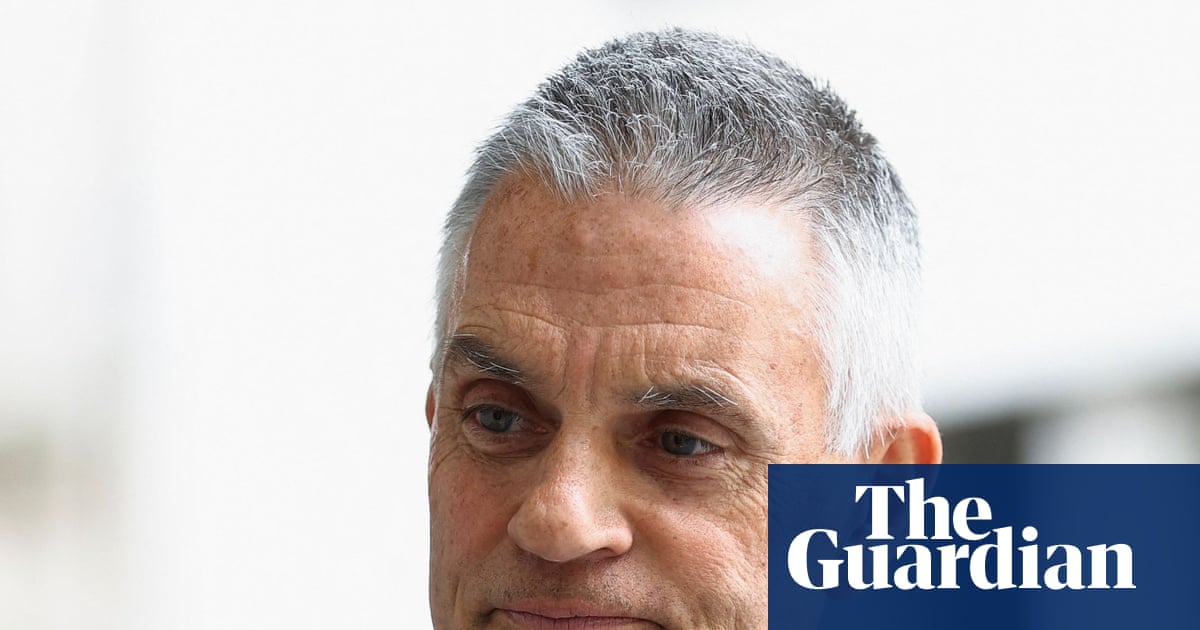A vulnerable 14-year-old girl was unlawfully killed when an agency support worker failed to keep her under observation at a secure psychiatric unit, an inquest jury has concluded.
The worker, who used a false identity, left Ruth Szymankiewicz alone even though she had complex mental health issues and was judged to need constant watching because she was a suicide risk.
Ruth was able to slip back to her room and harmed herself at the privately run Huntercombe hospital near Taplow in Buckinghamshire on 12 February 2022. She died two days later.
During the inquest it emerged that the worker, who went under the stolen identity Ebo Acheampong, had never worked at any hospital before the day he was put in charge of observing Ruth and did not receive an induction before his shift.
The jury in Beaconsfield heard that the ward Ruth was on was habitually severely short-staffed and relied heavily on temporary agency staff like Acheampong.
Ruth’s parents, Kate and Mark Szymankiewicz, a GP and a consultant surgeon, claimed at the inquest that Ruth never received the therapeutic care she needed.
They were devastated that the unit was more than 70 miles from their Wiltshire home, leaving Ruth isolated and desperate. The couple also expressed concern that Ruth had unfettered access to her mobile phone and was able to research suicide.
Though Ruth died in 2022, health experts told the Guardian that many of the issues around the use of agency staff and the shortage of psychiatric intensive care units (PICUs) for children and young people was still a huge problem.
Andrew Molodynski, a consultant psychiatrist at Oxford health NHS foundation trust, said there was a “gap in accountability” over the training and vetting of agency staff.
He said it was often mental health inpatient units, with the most high-risk individuals, that relied on agency staff the most, especially when they had patients like Ruth needing one-to-one supervision.
He said this was a “toxic catch-22 … You end up with very few people who know the ward and know the patients.”
Minesh Patel, an associate director of policy and campaigns at the mental health charity Mind, said Ruth’s case was “a clearcut example of the many systemic issues in our mental health hospitals”.
He said: “An over-reliance on agency staff can compromise patient safety, quality of care, and in the worst cases lead to serious harm or loss of life.”
During the inquest, Dr Gillian Combe, the clinical director for the provider group that commissioned Ruth’s placement, said the understaffing seen at Huntercombe still existed.
She expressed frustration at rules in England that make it hard for new NHS units to be built, meaning provider groups have to rely on sending patients to private units.
Combe said this situation arose after Andrew Lansley’s changes to the NHS – described by some as “creeping privatisation” – when he was Tory health secretary from 2010 to 2012. She said there was no PICU for children and young people in the whole of south-west England.
The charity Inquest, which has supported Ruth’s family, expressed concern that the inquest focused on individual failings rather than systemic ones such as the lack of therapeutic care for children, inadequate staff training and out-of-area placements.
It said: “The focus has fallen on individual failures, not the deep-rooted issues plaguing Huntercombe and children’s mental health services nationally. Until we face those head-on, more children like Ruth will die.”
Ian Wade KC, an assistant coroner, said there had been an “abject failure” by Acheampong to observe Ruth.
Dr Amit Chatterjee, the chief medical officer at Active Care Group, which owned and ran Huntercombe, told the inquest that the company had worked hard to improve recruitment and its induction process.
Huntercombe has closed but Chatterjee said the company had boosted therapeutic care at its current site for young people, Ivetsey Bank hospital in Staffordshire.
The inquest heard that after learning that Ruth had died, Acheampong fled from the UK to Ghana. Thames Valley police said they knew his real identity but did not have enough evidence to try to get him back.
The use of agency staff in mental health settings has been cited as a major issue in numerous reviews and inquest conclusions. In the case of Lily Lucas, a 28-year-old woman who died in 2022 from excessive fluid intake brought on by schizophrenia, an NHS review found that some agency nurses on her privately run ward did not know how to use 999.
An inquest into the death of Sophie Alderman, 27, who took her own life at a mental health hospital in 2022, found there was a heavy reliance on agency staff, and only two qualified permanent mental health nurses were on the ward at the time.
A Care Quality Commission report on the Mental Health Act said patients had described agency staff as “not friendly” and “less caring” towards patients, and detrimental to morale among permanent staff.

 2 months ago
58
2 months ago
58

















































